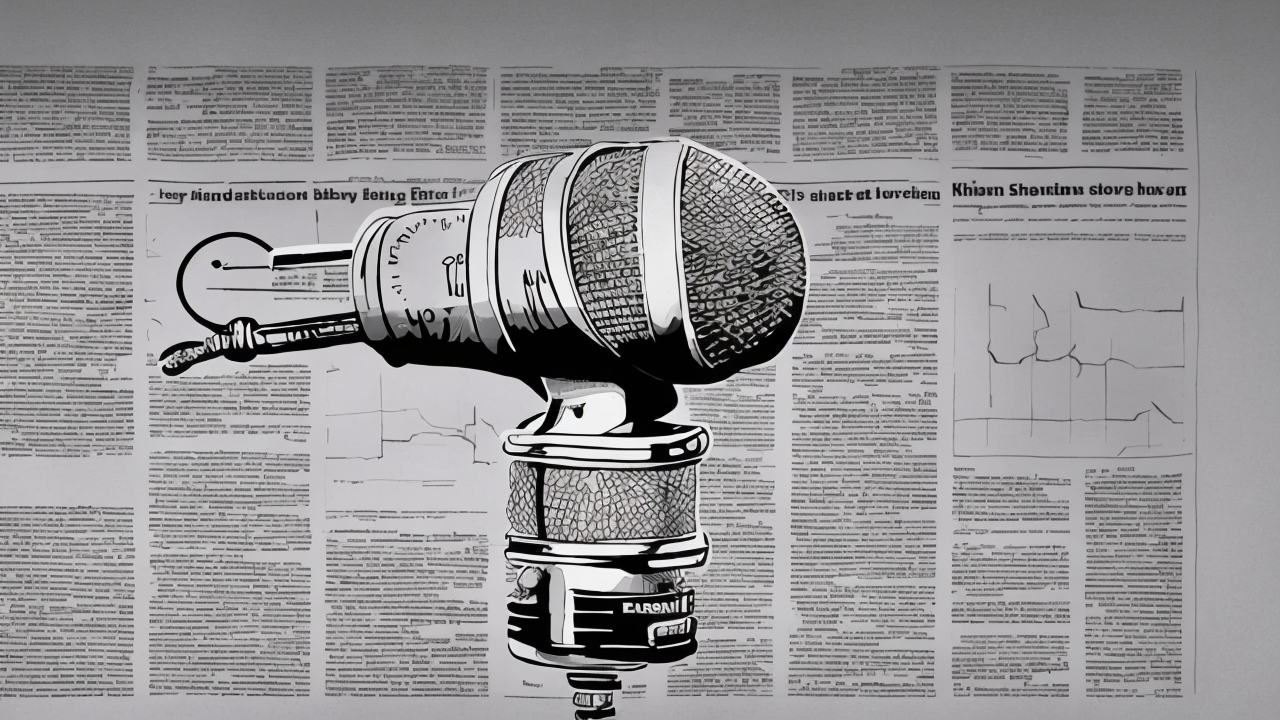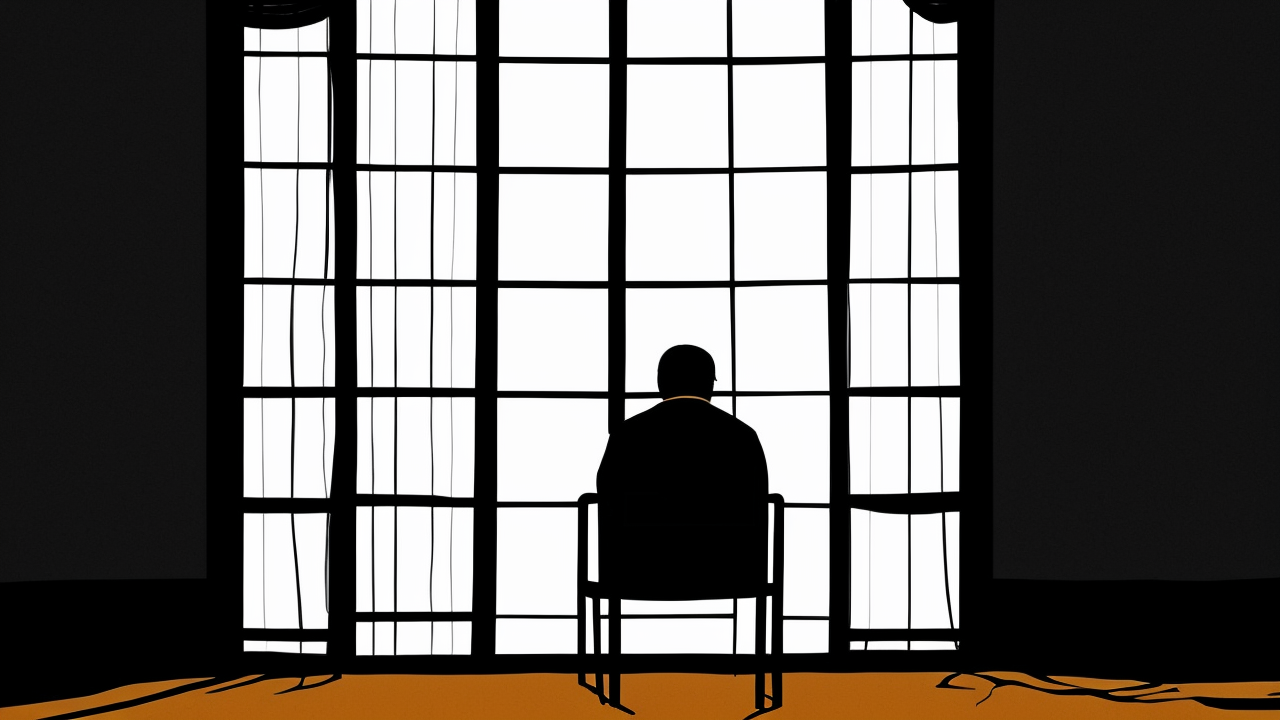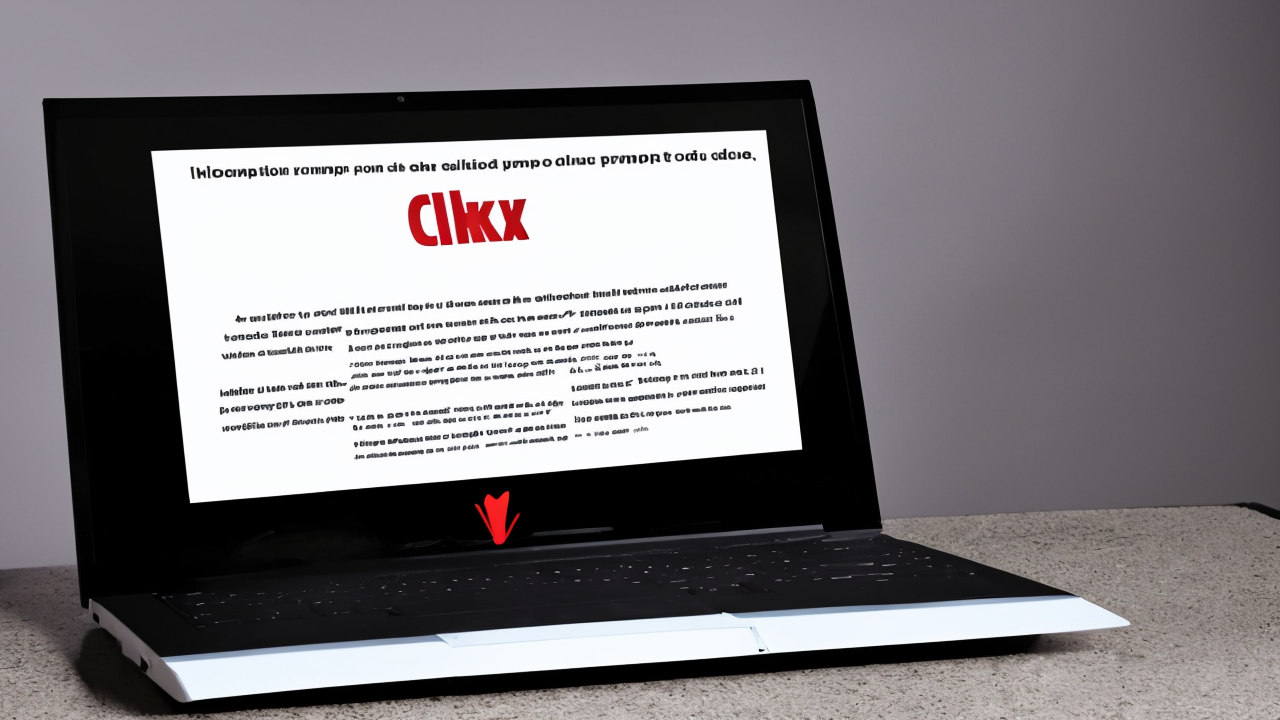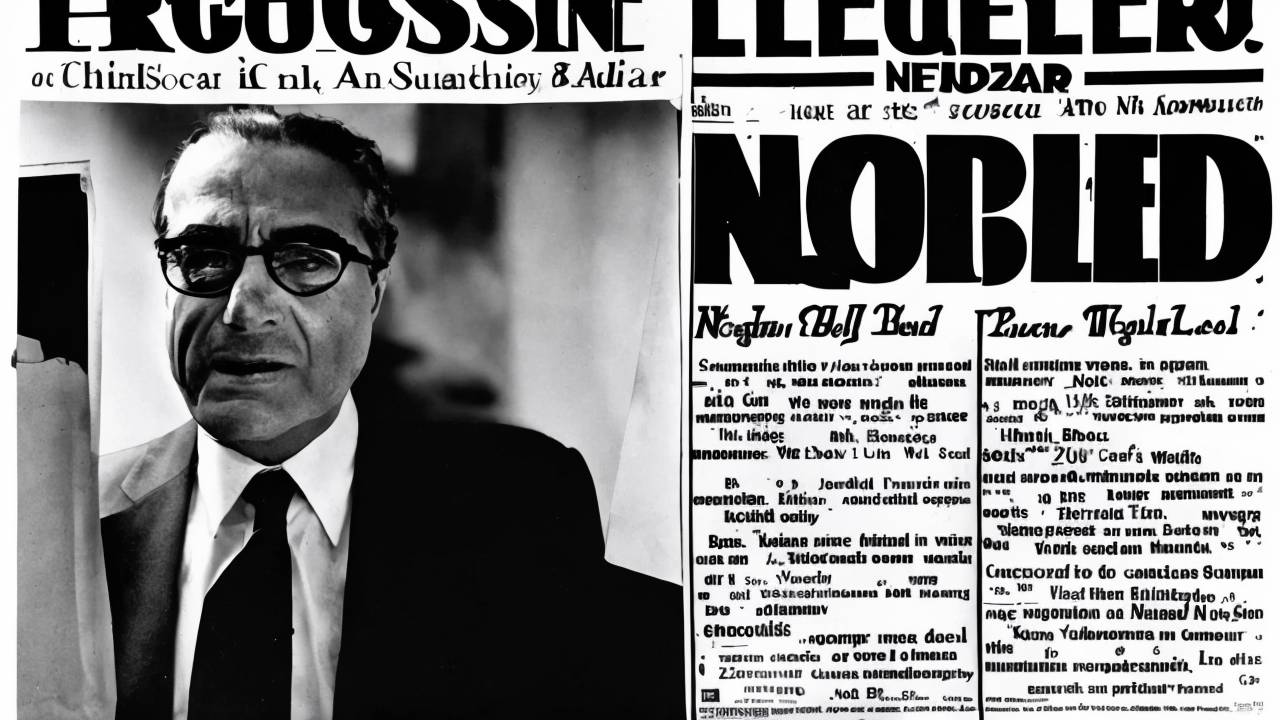Voice Phishing: The Emerging Threat of AI-Driven Fraud

Artificial intelligence has advanced rapidly, and with it has come new forms of deception—most notably, voice phishing. These attacks use AI to replicate voices with startling accuracy, impersonating family members, coworkers, or even trusted authorities. The result is a growing number of scams where individuals are tricked into sending money or revealing private information, all because a voice on the phone sounded familiar.
At first glance, this might seem like a technological crisis. But the deeper issue is not the power of AI, but how easily we surrender our judgment to the sound of a voice. When a caller says, “Mom, it’s me—I’m in trouble,” the emotional response is immediate. That instinct to help a loved one in distress is noble. But it also makes us vulnerable. And in a world where technology can mimic human speech with near-perfect precision, that instinct can be exploited.
The danger isn’t the machine. It’s the moment we stop asking, Is this really who they say they are? We’ve grown accustomed to convenience, to trusting digital interfaces without pause. We assume that if a voice sounds real, it must be. But authenticity isn’t determined by tone or accent. It’s confirmed by action and verification.
This is not a call to reject innovation. Progress in technology is not inherently wrong. But it must be met with wisdom, not blind acceptance. The real problem is not that AI can imitate a voice—it’s that we’ve lost the habit of checking. We’ve replaced thoughtful inquiry with automatic response. We’ve let efficiency override discernment.
Consider the family that receives a frantic call from what sounds like their child. Instead of panicking, they pause. They call back on a known number. They ask a personal question only their child would know. The truth emerges. The call was not from their son—but from someone using AI to exploit trust.
This is not a rare occurrence. It’s becoming routine. And it’s not because people are gullible by nature. It’s because we’ve been trained to accept digital experiences at face value. We’ve let convenience become a substitute for caution. We’ve allowed the speed of modern life to erode our ability to think before we act.
The solution is not more surveillance, more laws, or stricter AI regulations. It’s not even about better detection tools. The answer lies in restoring a culture of responsibility. In homes, in schools, in churches, and in workplaces, we need to teach people to question, to verify, and to resist the impulse to respond immediately.
We should teach children to recognize that a voice on the phone is not proof of identity. We should encourage adults to double-check even when a call seems urgent. We should value patience over speed, and verification over assumption.
This isn’t about fear of technology. It’s about reclaiming our moral and intellectual discipline. It’s about remembering that trust is earned, not assumed. That relationships are built on consistency, not convenience. That the strongest defense against fraud isn’t a firewall—it’s a mind that refuses to be manipulated.
The erosion of personal accountability is not just a technological problem. It’s a cultural one. When we no longer expect people to be responsible for their words or actions, we open the door to deception. When we stop teaching people to think critically, we enable fraud to thrive.
The real threat is not AI. It’s the quiet surrender of our judgment. It’s the moment we stop asking, “How do I know this is real?” It’s the moment we assume a voice is genuine simply because it sounds familiar.
The future of our society depends not on smarter machines, but on wiser people. On those who still value truth, who still care about identity, who still believe in the power of verification. When the phone rings and a voice says, “It’s me,” we must learn to respond not with fear, but with clarity. Not with haste, but with care.
Because in the end, the most important technology we have is not in a server or a chip—it’s in the human heart. And that heart still has the power to question, to resist, and to choose truth over illusion.
Published: 11/9/2025








